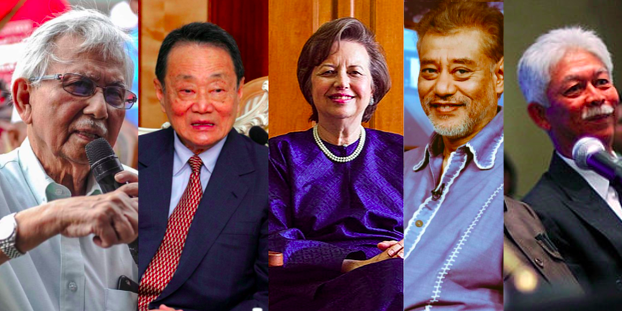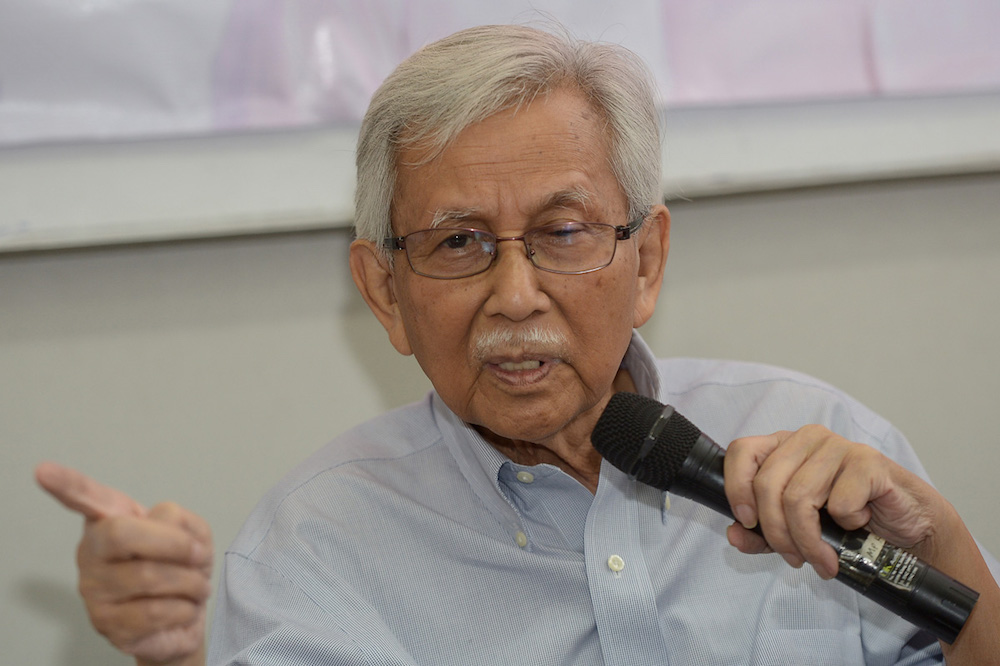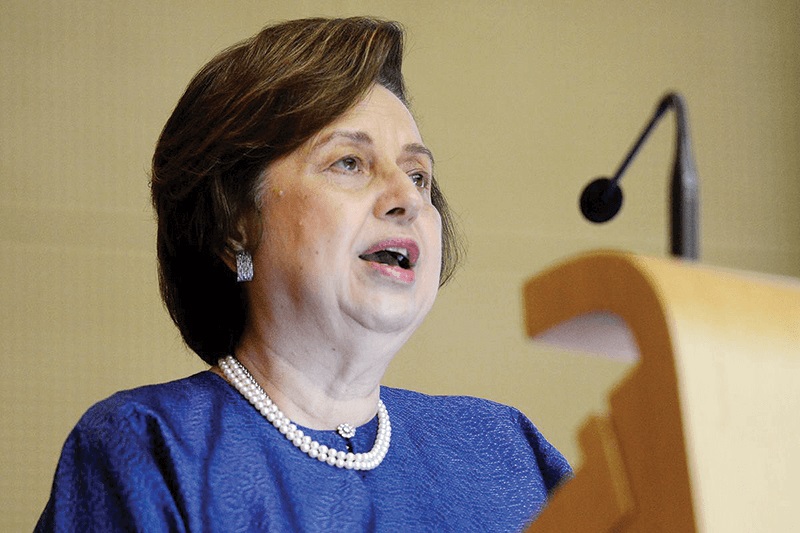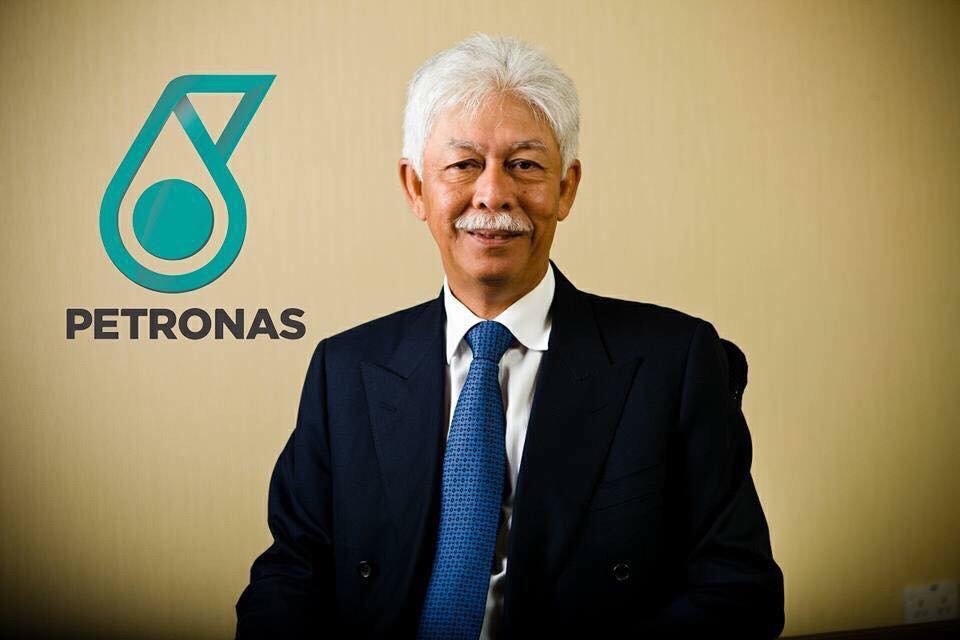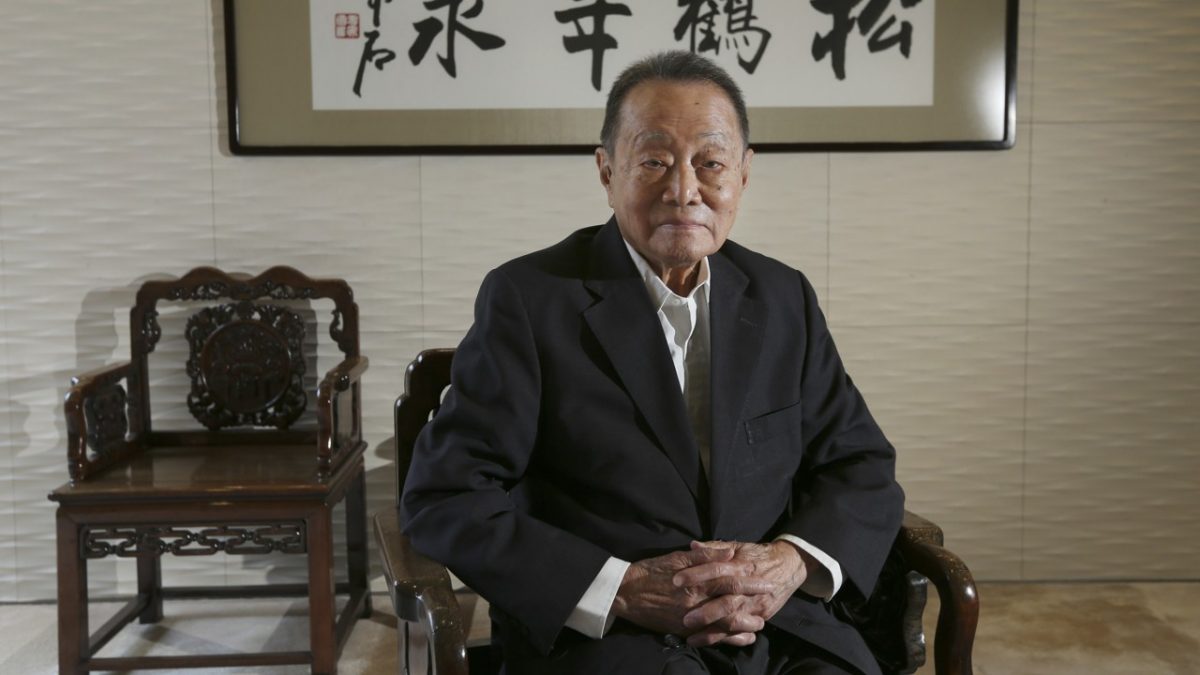What Tun M’s Council Of Elders Has Achieved For Malaysia In The Past
Some of them played significant roles in improving Malaysia’s economy after the Asian financial crisis.
On 12 May, Prime Minister Tun Dr. Mahathir Mohamad announced the formation of a Council of Elders to assist the new Pakatan Harapan (PH) government in implementing its 100-day promise
From left: Tun Daim, Tan Sri Robert Kuok, Tan Sri Zeti Aziz, Professor Jomo, and Tan Sri Hassan Marican.
Image via SAYS (edited)Formally known as a Team of Eminent Persons, Tun Dr. Mahathir explained that the five-member council will provide vital "knowledge or previous knowledge of administration" to the opposition-turned-government, as PH has "little to no experience in running a government".
In addition to advising the PH government for its first 100 days, the council will also review the previous government's business dealings, including that of the 1Malaysia Development Berhad (1MDB).
The special advisory council is made up of five industry veterans with illustrious careers in the economic sector. Here's a brief look at their past achievements:
1. Tun Daim Zainuddin, 80, former Finance Minister of Malaysia
Often credited as the "mastermind who extracted Malaysia from economic turmoil" through the financial crises in the 1980s and 1990s, Tun Daim Zainuddin served as Finance Minister twice during Tun Dr. Mahathir's first premiership.
Career Highlights:
1962-1965: Joined the Malaysian judicial and legal service
1971: Ventured into land and property development, was involved in developing Taman Maluri in Cheras
1984-1991: Finance Minister of Malaysia
1984/5-2001: Treasurer of UMNO (from 1984) and Barisan Nasional (from 1985)
1999-2001: Finance Minister of Malaysia
2006: Awarded the International Business Leader Award by African Investor magazine for his vision and active investments in International Commercial Banks (ICBs) operating in Africa. Previous recipients include Microsoft founder Bill Gates and Virgin Group founder Sir Richard Branson.
Notable Achievements:
• In his first term as Finance Minister, his implementation of controversial decisions led to Malaysia paying off RM6.8 billion of foreign debts earlier than scheduled from 1987 to 1989.
• Carried out four broad strategic reforms during his tenure as Financial Minister, namely the mobilisation of the private sector, the supportive role of the private sectors, active external policies, and rehabilitation of public enterprises.
• Tun Daim is also credited for creating opportunities for Malay entrepreneurs to be able to compete locally and internationally. To this day, his economic policies are used to jump start or sustain the Malaysian economy.
2. Tan Sri Zeti Akhtar Aziz, 70, former Governor of Bank Negara Malaysia (BNM)
From 2000 to 2016, Tan Sri Zeti Aziz served as the seventh Governor of BNM after serving as acting governor in the past two years. She is also the first and only female Governor thus far.
Career Highlights:
1979-1984: Started career as economic analyst for the South-East Asia Central Bank Training and Research Centre
2000-2016: Seventh Governor of Bank Negara Malaysia
2005: Awarded 'World's Best Central Bank Governor' by financial magazine Global Finance.
2012: Awarded the Islamic Development Bank Prize in Islamic Banking and Finance
2016: Received Lifetime Achievement Award at the Central Banking Awards 2016 for her role in overcoming the '97/'98 Asian Financial Crisis
Notable Achievements:
• Played a significant role in addressing the Asian financial crisis in the late 1990s by modernising Malaysia's financial system with reforms and evolving the country's financial institutions.
• Secured BNM's independence from the government via the Central Bank of Malaysia Act 1999.
• Largely commended for her support of the Islamic banking sector, Zeti was involved in establishing the International Centre for Education Islamic Finance.
• As BNM's first female Governor, Zeti paved the way for many women to hold top positions in the banking sector.
• Under Zeti, BNM called for criminal proceedings against 1MDB and even slapped a fine of an undisclosed amount on the state funds days before she left the position.
3. Tan Sri Hassan Marican, 65, former president and CEO of Petronas
Tan Sri Hassan Marican is largely credited for transforming Petronas from a small oil company into one of the top 500 companies globally in terms of income returns.
Career Highlights:
1989-1995: Senior vice president of finance for Petronas
1995-2010: President and CEO of Petronas
2000: French government bestowed the Commandeur de la Legion D'Honneur
2001: Awarded the Friendship Award by the Vietnamese government
2015: Received Oil & Gas (O&G) Council’s Lifetime Achievement Award
Following his departure from Petronas, Hassan Marican served as the chairman of Sembcorp Marine, Singapore Power, Pavilion Energy, Pavilion Gas, and Lan Ting Holdings. He also served in the board of directors in Sarawak Energy, Lambert Energy Advisory, and MH Marican Advisory.
Notable Achievements:
• Under his leadership, Petronas ventured into the automotive industry by producing Malaysia's first commercial engine. Later, environment concerns were taken into account when Petronas introduced Enviro 2000, an environmental-friendly vehicle which uses natural gas (NGV).
• During his tenure, Petronas also created a niche in the international arena when it successfully constructed the world's first 'Triple Well' in Sarawak.
4. Robert Kuok, 94, billionaire tycoon
Widely-known as the "Sugar King of Asia", Robert Kuok is Malaysia's richest man and sixth richest in Southeast Asia with a net worth of USD15.4 billion, according to Forbes.
Notable Achievements:
• The media-shy tycoon owns Kuok Group, which is mostly handled by him or his family members. He also founded Shangri-La hotels in 1971.
• Established Malayan Sugar Manufacturing (MSM) Company in 1959. The company went on the build Malaysia's first sugar factory and opened the country's first sugarcane plantation in Perlis.
• Established the country's first national shipping line, Malaysia International Shipping Corporation (MISC) in 1968.
• Kuok Group's business interests has contributed to various sectors of Malaysia's economy, such as in agribusiness, food production, film distribution, and property investment. The company's interests range from sugarcane plantations, sugar refineries, flour milling, animal feed, oil, mining, finance, hotels, property, trading, freight, and publishing.
• Apart from multiple businesses in Malaysia, his companies also have investments in several other countries including Singapore, Thailand, mainland China, Fiji, and Australia.
• Kuok's biggest source of wealth is his company's stake in Wilmar International, the world's largest listed palm oil trader company.
5. Professor Jomo Kwame Sundaram, 65, prominent economist
A leading scholar and expert on the political economy of development, especially in Southeast Asia, Professor Jomo Kwame Sundaram has authored over a hundred books in addition to having written academic papers and articles in the field.
His extensive works have covered development economics, international economics, industrial policy, privatisation, rent-seeking corruption, economic liberalisation, economic distribution, affirmative action, ethnic relations, Islam, and Malaysian history.
Career Highlights:
1989-1991: Member of the National Economic Consultative Council1982-2004: Professor in the Applied Economics Department, Faculty of Economics and Administration, University of Malaya
2005-2012: Assistant Director-General and Coordinator for Economic and Social Development in the Food and Agriculture Organisation of the UN
2008-2009: Adviser to Father Miguel d’Escoto, the President of the 63rd UN General Assembly
2008-2009: Member of the [Stiglitz] Commission of Experts of the President of the UN General Assembly on Reforms of the International Monetary and Financial System
2010-2012: G20 sherpa to UN Secretary-General Ban Ki-moon and
2012-2015: Assistant Director-General and Coordinator for Economic and Social Development at the Food and Agriculture Organization of the UN
2007: Received the Wassily Leontief Prize for Advancing the Frontiers of Economic Thought
Present: Tun Hussein Onn Chair in International Studies at the Institute of Strategic and International Studies in Malaysia
Notable Achievements:
• With the National Economic Consultative Council, Jomo worked on post-New Economic Policy and post-1990 policy reform proposals.
• Jomo was an early advocate of the new capital account management measures before the Asian financial crisis in 1997 and 1998, which was later introduced by Tun Dr. Mahathir.
• Under his leadership, the UN and the G24 (with the Bank of International Settlements) have been acknowledged as the only international organisations that warned of the impending 2007 to 2009 crisis.
